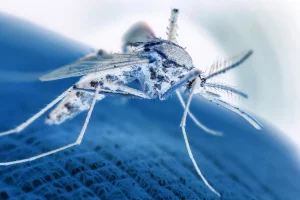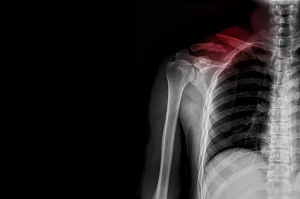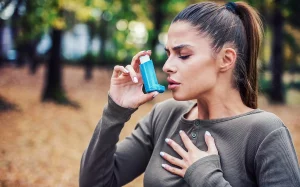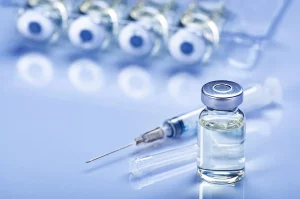Here are some of the latest health and medical news developments, compiled by the editors of HealthDay:
Singapore Reports 40 cases of Local Zika Infection
More than 40 cases of local Zika infection have occurred in Singapore, officials there reported Sunday.
Singapore’s first Zika infection was reported in May, by a man who had traveled to Brazil, the Associated Press reported.
Most of the 41 who were infected with Zika have recovered from their illness, with only seven still in the hospital, the wire service said.
—–
No Olympics-Linked Zika Cases: WHO
There have been no confirmed cases of Zika infection in anyone linked with the Rio Olympics, the World Health Organization said Thursday.
Before the games, some experts expressed concerns that the huge event might result in a faster-than-normal spread of the virus because some of the large numbers of foreign athletes and visitors might carry Zika back home, the Associated Press reported.
Mosquitoes are the main way people get infected, but Zika can also be spread through sex.
The recent Zika epidemic began in Brazil. The virus has been linked to brain-related birth defects in babies and nervous system disorders in some adults, the AP reported.
—–
Mylan Won’t Lower EpiPen Price
Despite intense criticism, the maker of EpiPens says it won’t lower the high price of the potentially lifesaving device, but offered patients more help to pay for the product.
EpiPens are used to treat people with a severe allergic reaction, but the $608 price tag has put it out of reach of some patients.
Instead of lowering the price, EpiPen maker Mylan doubled the limit for eligibility for its patient assistance program and will offer $300 co-pay cards, up from the current $100 per-prescription savings, the Associated Press reported.
The announcement did not ease the outcries from politicians and consumer groups who accuse Mylan of price-gouging on such a critical treatment.
Insurers, employers and taxpayers will still foot most of the cost for EpiPens, leading to higher health insurance premiums and adding to the country’s increasing health care costs, critics say.
“Everybody suffers, except the Mylan investors,” Sabrina Corlette of Georgetown University’s Health Policy Institute, told the AP.
—–
No Hospital Bills for Pulse Nightclub Shooting Survivors
The survivors of the Pulse nightclub shooting in Orlando, Florida will not have to pay for their hospital care.
One hospital said it would not bill for any treatment provided to the victims, and Orlando Regional Medical Center said it would seek payment from other sources, such as insurance plans and a victims fund established by city officials, the Washington Post reported.
“Total unreimbursed costs” could be more than $5 million, authorities say.
“Orlando Health has not sent any hospital or medical bills directly to Pulse patients and we don’t intend to pursue reimbursement of medical costs from them,” according to a statement from Orlando Health.
It’s the nonprofit health-care network that operates Orlando Regional, where most of the shooting victims were treated, the Post reported.
—–
Spiked Heroin Suspected in Rash of Overdoses in Indiana and Ohio
Spiked heroin is suspected of causing more than 75 overdoses in Indiana and Ohio since last Friday.
There were more than 30 overdoses in Cincinnati last weekend, with 33 more overdoses– including one death– in the city since Tuesday. Authorities responded to 14 overdoses — including one death — late Tuesday and early Wednesday in Jennings County, Ind., USA Today reported.
Officials are trying to determine if a specific batch of heroin was tainted or cut with something that caused the overdoses.
Authorities suspect the heroin was laced with fentanyl, a powerful painkiller used to treat patients recovering after surgery, USA Today reported. Fentanyl is 50 times more powerful than heroin, according to the Drug Enforcement Administration.
Copyright © 2025 HealthDay. All rights reserved.

















